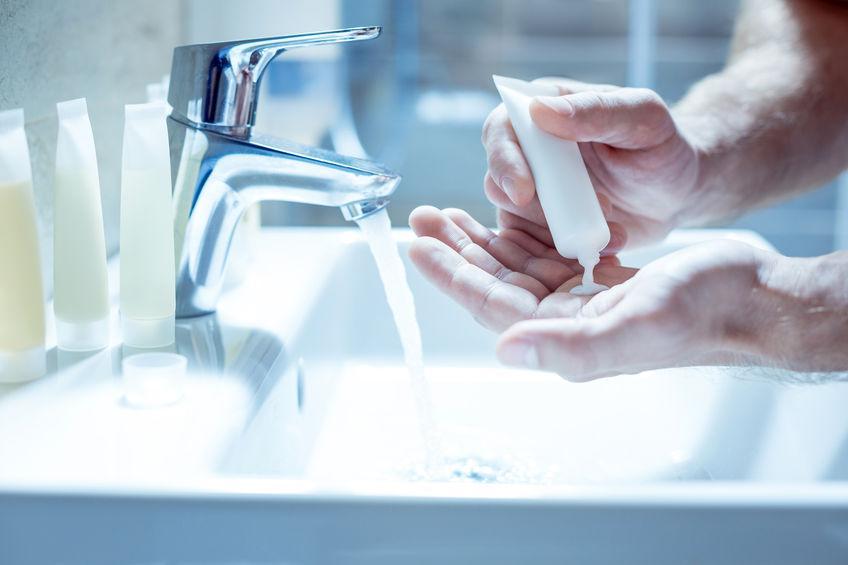Finding Your Skincare Favorites
For people who struggle with acne, skincare is an involved process. Washing the face is more than just picking up a bar of soap and scrubbing. Certain ingredients and products will either help to clear acne or make the condition worse. Here’s what people need to know about choosing the right soaps and cleansers.
Know your ingredients
When choosing a cleanser, look for products that are gentle, fragrance-free, and non-abrasive. Some products have specific acne-fighting ingredients, such as benzoyl peroxide or salicylic acid. However, some ingredients that banish breakouts can also be very drying on the skin. To maintain a hydrated complexion, look for ingredients like ceramides, glycerin, or hyaluronic acid.
Are you using medicated creams?
People who have acne tend to layer on multiple products in efforts to get rid of pimples. Sometimes, the mixing of too many ingredients can cause a harsh reaction, leaving skin tired and dull. Patients who are also using topical creams or prescriptions for acne may consider using a gentler cleanser.
How to clean your skin
Face-washing technique is also vital for acne prevention. Apply a small amount of cleanser to fingertips and gently rub into the face. Rinse thoroughly. Avoid scrubbing the face, which can dry out and damage the skin. Dermatologists also advise against using a washcloth on the face, which is too harsh.
What about water temperature?
Some people swear by using extra hot or icy water. In reality, the best temperature for cleansing the skin is lukewarm, room temperature water. Water that is too hot may make inflammation worse and contribute to broken capillaries. People who use ice water for shrinking pores would do better to choose specific products for pore concerns. Alpha hydroxy acids (AHAs), for example, work to remove dead skin cells and make pores appear smaller.
More is not always better
When trying to banish acne, people sometimes feel that more face-washing is better. But cleansing too often won’t be beneficial and can strip the skin of natural oils. Typically, most people see benefits from cleansing twice a day, in the morning and evening. Extra face washes may be appropriate after working out, as well.
Other skincare products
For a well-rounded skincare routine that controls acne, consider adding some additional products. After washing the face, apply a toner to balance the pH levels of the skin. Then layer on a non-comedogenic moisturizer. Non-comedogenic refers to products that won’t clog pores, which is a huge culprit of acne. Also, consider adding a weekly exfoliating routine into a skincare treatment plan. Exfoliation gets rid of dead skin cells and helps to keep pores from clogging.
Find a customized skincare plan
While there are many effective over-the-counter products, people can benefit significantly from an appointment with a dermatologist. These specialists can help people establish effective skincare routines that will leave skin smooth and acne-free.


